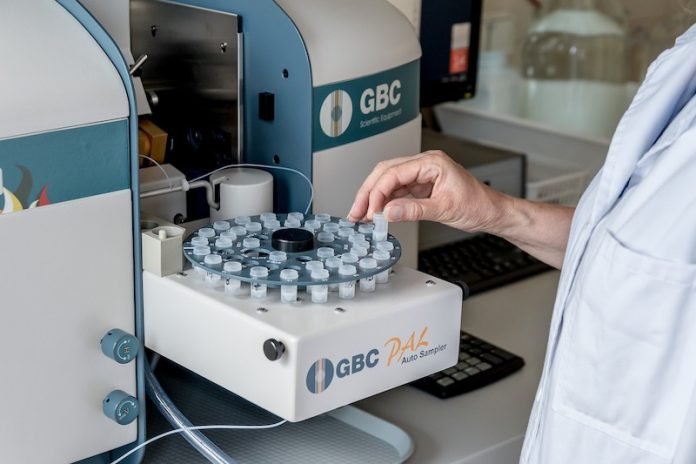
Heart failure is a long-term condition that occurs when the heart is unable to pump blood around the body as effectively as it should.
The main symptoms include shortness of breath and feeling unusually tired or weak.
People with heart failure may not able to do everyday tasks like going upstairs or walking to the shops efficiently.
In a new study, researchers have developed a new blood test to diagnose heart failure more accurately. This new blood test can detect heart failure at a far earlier stage.
The research was conducted by a team from Queen’s University Belfast.
Currently, doctors can measure levels of a protein called B-type natriuretic peptide (BNP) in the blood through a standard blood test.
Increased levels of this protein are considered to be a sign of heart failure.
However, BNP can increase due to many kinds of heart problems and its blood levels can be altered by some medications, obesity, and age.
These factors make it hard to accurately measure BNP when determining the presence of heart failure.
In the current study, the team discovered that measuring BNP along with other proteins in the blood may provide a more accurate diagnosis of heart failure.
They developed a new method to simultaneously measure 25 proteins in heart failure patient blood samples.
This method was then applied to more than 400 blood samples, collected from individuals with and without heart failure.
The team found that measurement of the additional 25 proteins offers a more accurate detection of heart failure than measurement of BNP alone.
Now more patient samples are being collected from various different hospital sites in the UK, Ireland, France, Greece, and the USA.
The team plans to confirm the accuracy of these proteins for heart failure diagnosis and to better understand their potential benefit to patients.
The leaders of the study are Dr. Chris Watson and Dr. Claire Tonry.
The study was presented at the British Cardiovascular Society Conference.
Copyright © 2019 Knowridge Science Report. All rights reserved.



